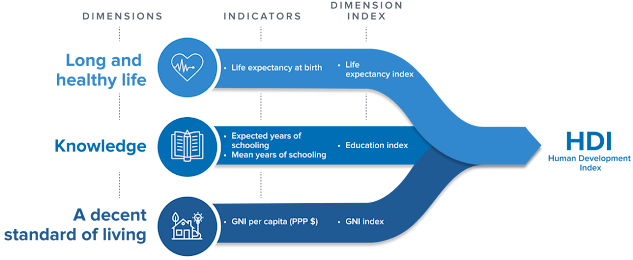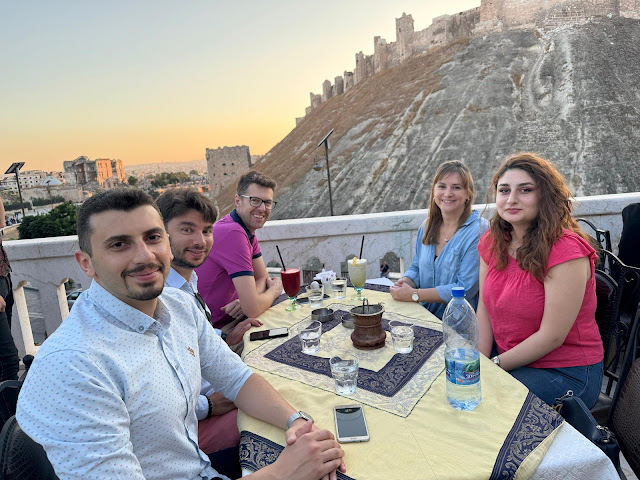Medair South Sudan @ 30
By Steve
The idea of an “emergency” lasting for 30 years is hard to fathom. The circumstances may be a little different
now, but the basic needs are, one suspects, still rather ominously the
same. When we think about humanitarian
emergencies we tend to think of places where armed conflict or natural disaster
have disrupted the normal way of life for people, where infrastructure is
damaged, or where people are forced to leave their lives of relative comfort for
a life of uncertainty. Maybe these last
for a few months or years; enough time to restore some semblance of order once
the crisis has passed.
Imagine a person involved in a car accident. Initially they may require emergency
treatment, but then hopefully they can leave the hospital and continue their
recovery at home.
South Sudan is different, partly because there hasn’t just
been one crisis but many. But also
because it’s never really had a chance to get off the life-support machine in
the first place.
As a country, South Sudan is ranked number 191 out of 191 on
the United Nations’ Human Development Index.
What it needs is development - jobs, schools, healthcare etc. - but investment in these areas are hampered by crises such as civil war, inter-communal
conflict, flooding, etc. So it’s in a
perpetually fragile situation, moving from one crisis to the next, without much
opportunity to move forwards, and hence, a 30 year emergency.
At times it can be difficult to see a way past a time when
humanitarian agencies like Medair are no longer required, and the worry can be
that their very presence is not actually helping in the long run.
But some of the work Medair is doing is, in a small way,
trying to develop capacity within the communities, to lessen the need for us to
come back the next time something goes wrong – ultimately to make ourselves
surplus to requirements.
For instance, in Renk, Medair have constructed and currently support a number of Surface Water Treatment systems. These turn murky, unsafe river water into clean, chlorinated water that is perfectly safe to drink. When these “SWAT”s are first set up, they typically use diesel-powered pumps to suck the water from a river or lake and transfer it into a settlement tank. A second pump is used to transfer the clean water into a storage tank. This isn’t a problem at first, but when the time comes for Medair to leave, it can be challenging to hand over the system to the community because often they either can’t afford the buy the diesel, or it isn’t even available.
So Medair have started to install solar panels and electric pumps that don’t rely on diesel.
In Leer and Pibor, the WASH teams have been rehabilitating handpumps that are located in areas that are prone to flooding during the rainy season, so that they can still be used to get clean drinking water, even if the surrounding area is flooded.
Handpumps draw water up from deep in the ground where it is
protected from contamination from the surface and is therefore safe to
drink. However, if the pump becomes
submerged by flooding, the flood water will get down into the well, polluting
it.
Medair have been building up raised platforms around existing pumps, and installing a new pump a few feet higher off the ground. If the floodwaters come, they will (hopefully) not rise so high that the pump is submerged and therefore, even though it is still difficult to access, when they do people can be sure to get safe drinking water.
In these small ways, our emergency response is also developing capacity in the community. It is a very small step, and there’s a lot more that could (and should) be done, but every long journey begins with those first steps.









Comments
Post a Comment